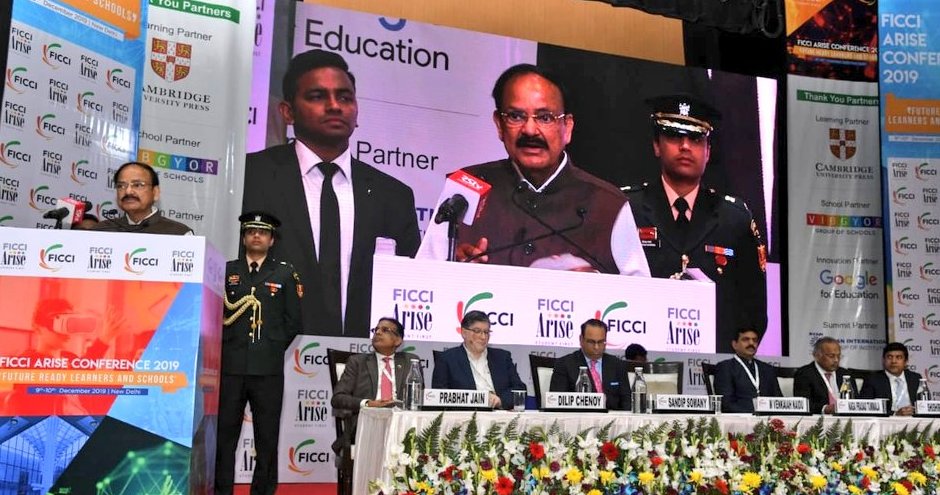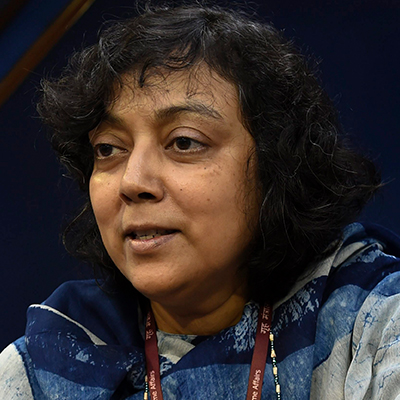
The soon to be announced new National Policy on Education will be backed up by an implementation plan for it to take effect instead of being just a nice policy document on shelf according to officials who are closely associated with the ongoing finalization work on the policy.
A major plan would be of course review of the Right to Education Act 2009 as already stated in the draft NEP of the Dr Kasturirangan Committee. “Since the RTE Act, 2009 has been the statutory lynchpin for school regulation and governance for the past decade, it will be reviewed and appropriate modifications made to enable this policy and to incorporate improvements on the basis of the learnings and experiences gained since it was enacted,” says the draft NEP under the heading of implications for the RTE Act.

While answering questions from participants at ‘FICCI ARISE Conference 2019’ on Dec 10, Anita Karwal, Chairman, CBSE, asked school lobbies to prepare and raise their concerns at the stockholders meetings during the review process when it happens. She said that there has been policy making has received a lot of attraction and interest all these five years and therefore people will also like to see policy succeed.
Talking on her own organization, examination and regulation, Karwal said that her understanding is that exam patterns have a direct impact on quality of education as there is a layouting of children around that. “By 2024, textbooks will become completely irrelevant for exams and we are all set to start changes in the pattern from 2020 itself. What is taught in classrooms will be reduced to core concepts and then the threatening pattern will get replaced by assessment of attainment of learning. We have started on learning outcomes approach for the first time and people have started to develop understanding about it,” she added.
While talking on autonomy of schools, Karwal said that self-regulation is going to be the norm very soon. There will be requirement of basic parameters of infrastructure, teacher qualifications, school safety, hygiene, inclusiveness and outcomes and schools will have to fill public information on these every year. Also, after state regulatory authority recognizes a school, CBSE, which last year has started end to end affiliating process and 100 indicators, will not get after the schools unless there is any public grievance. “I feel schools will need a handholding for at least 10 years to transform,” she said.
She also informed that under the new policy, there will be no difference between curricular and co curricular disciplines and now things like music, sports or skills will be subjects. Earlier at the same event, Dr Biswajit Saha, Director (Training & Skill Education), CBSE said vocational subjects started in 2012 on pilot basis has now about eight lakh students, which indicates these subjects are growing in popularity and currently 40 vocational subjects are offered by CBSE for secondary school students. “Perception of students is very important. Recognition of skill subjects in professional entrance exams and universities is needed to address that perception. Also, NCF 2005, which has made recommendation of five subjects, makes skill subjects more as non-core subjects and needs to be looked into,” he added while informing about design thinking as subject being added from next academic session.








